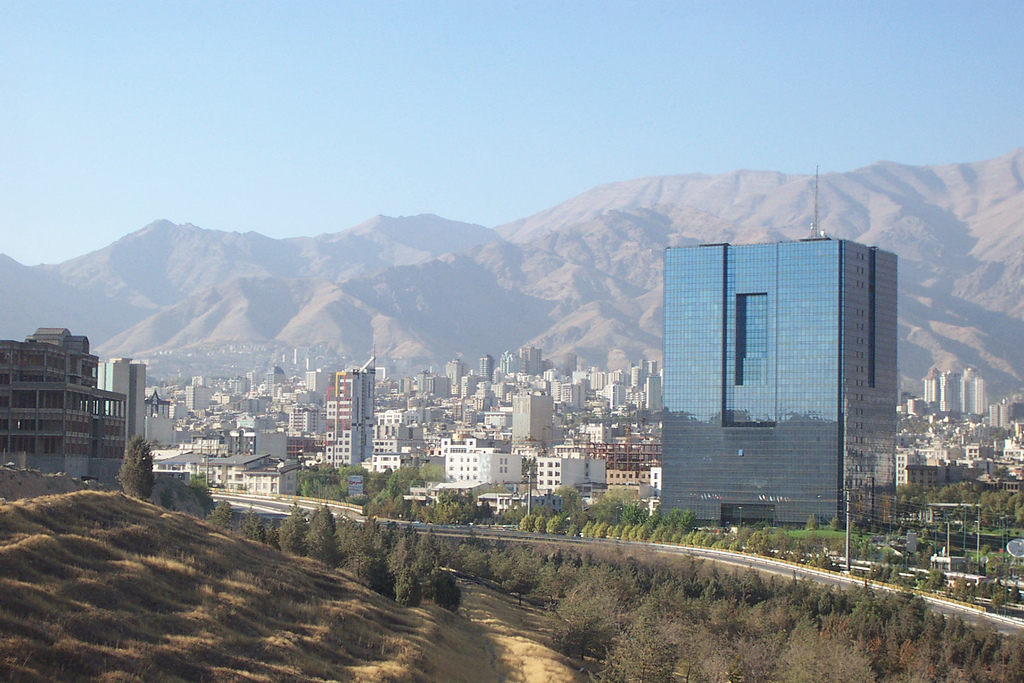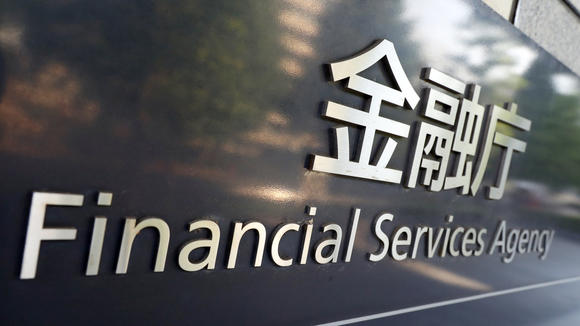The latest news from the world of cryptocurrencies is not all that surprising. Iran has decided to drop cryptocurrencies both in principle and practice. In other words, the Central Bank of Iran has officially put the crack on all trades that are related to these unspecified digital assets.
Interestingly enough, the world over, there are many ways of handling cryptocurrencies and they all come with their distinct & unique signature style. Places like China assume control over the industry whereas Japan and South Korea are fretful and unsure what to do. With this in mind, the world if an interesting patchwork of contentious regulations.
The latest decision by the central bank of the country is largely perceived as an attempt on the part of Tehran to control the market after a recent major slump.
According to an Iranian newspaper, Donya-e Eqtesad, all ‘monetary and financial centres of the country’ will be forced to stop trading into cryptocurrencies.
With this in mind, nothing is known about the current stocks of cryptocurrencies. In a similar move, the government of Bulgaria has seized the whopping $3 billion in cryptocurrencies.
Understandably, the move by governments that would rather have a control over their own finances is quite natural. Going out on a limb, and well out of the tree, may seem imprudent on so many occasions, and this could be one of those moments where national governments ought to step up and supersede personal investor interest.
Of course, governments could be clunky and they could make the wrong decisions based on the irrational fear that lacks all prescience. However, governments also tend to be right on more than one occasion.
The Middle East is not exactly a hotbed for cryptocurrencies and transactions of a similar kind. What future there may be for cryptocurrencies, it is uncertain. However, with regulations stepping up their game, it si clear that a consensus ought to be rich if the segment and the industry are going to be developed together.
With this in mind, places like Iran could be at the forefront of establishing a meaningful legislation later on. You will definitely see that there are significant changes in how the whole system handles cryptocurrencies.
In truthfulness, Iran will not be the only country to ban cryptocurrencies point-blank. Many more will follow, allowing for broader measures and a reunited front against the currencies.
At the same time, it would be completely imprudent to rule out cryptocurrencies in general. China is doing well to digitalise its economy and make it less dependent on outside forces. The advance of day Digital money will simplify some of the world’s biggest bugbears while focusing on what is important – security, and reliable transactions, without delays and risk of frauds and losing money online. It is particularly important to establish a network for digital money, allowing everyone to benefit from a vibrant and useful ecosystem.
China is doing well and it will continue to fare well in the uncharted waters of finances. The world is yet too young to see a clearly and fully adopted digitalisation of all money. Even leading European countries baulk at the idea, not so much in theory as in principle.
Most of our team hail from European countries, but we have grown accustomed to handling our payments by cards and never in cash. It makes sense, as it helps avoid corruption and illicit practices.
What the Central Bank of Iran has decided is roughly the same. The Bank is set firmly against carrying any sort of illicit activities. It is against violating any specific codes and it will not allow investors or citizens to do the same.
The ban may seem like jumping the guns but it is an actual and accurate warning of what may follow if people do not respect the supremacy of law in the country.
This goes beyond the rather staunch norms that Iranians have been imposed by religion and government of course. The rule of law, while dependent on religion, is still fair and becoming more secular by the day.
It is precise because Iran is pushing towards a secular future that the country wants its banking system to be well-regulated and taken care of. This is normal and laudable.
Apr 23, 2018
Iran bans cryptocurrencies



Comments (No)